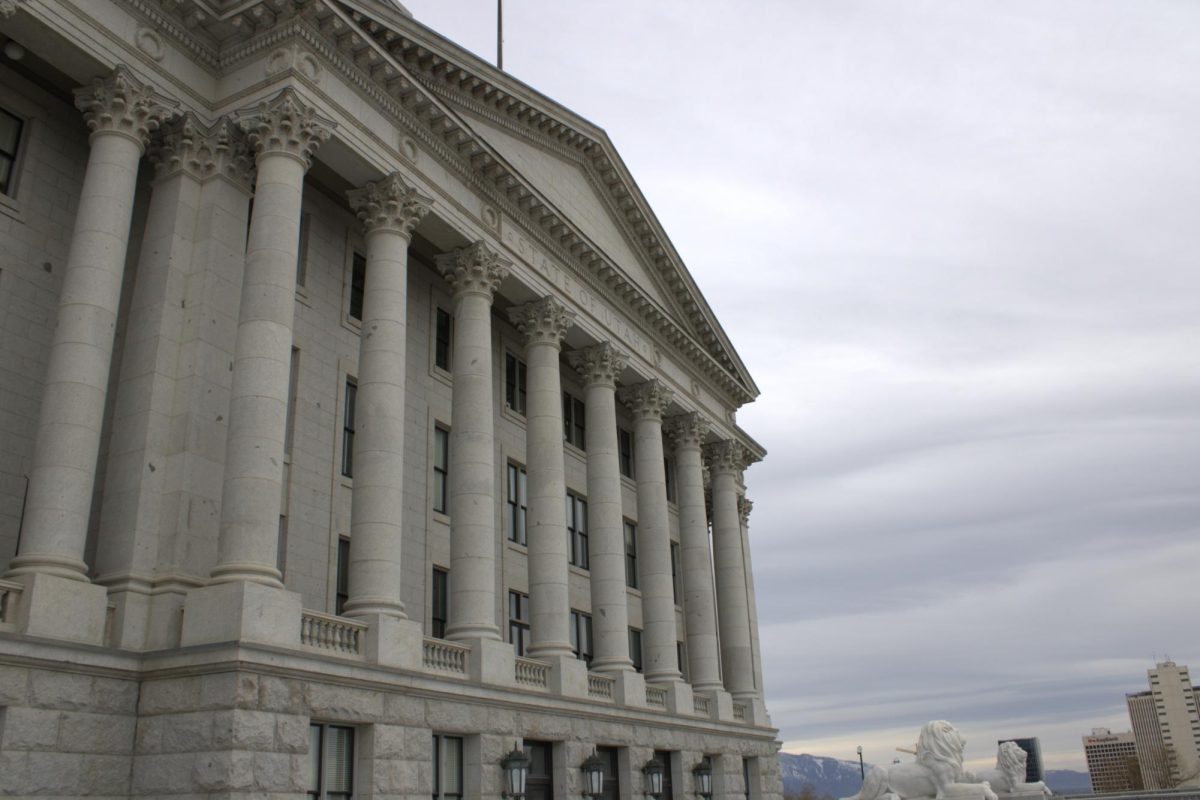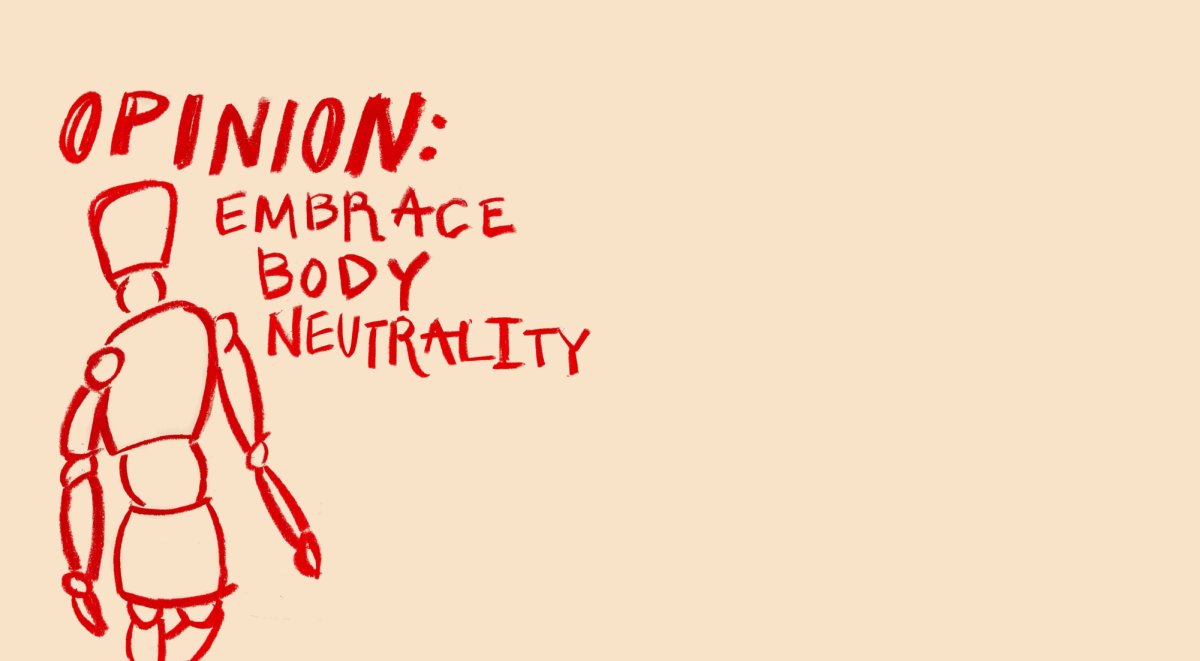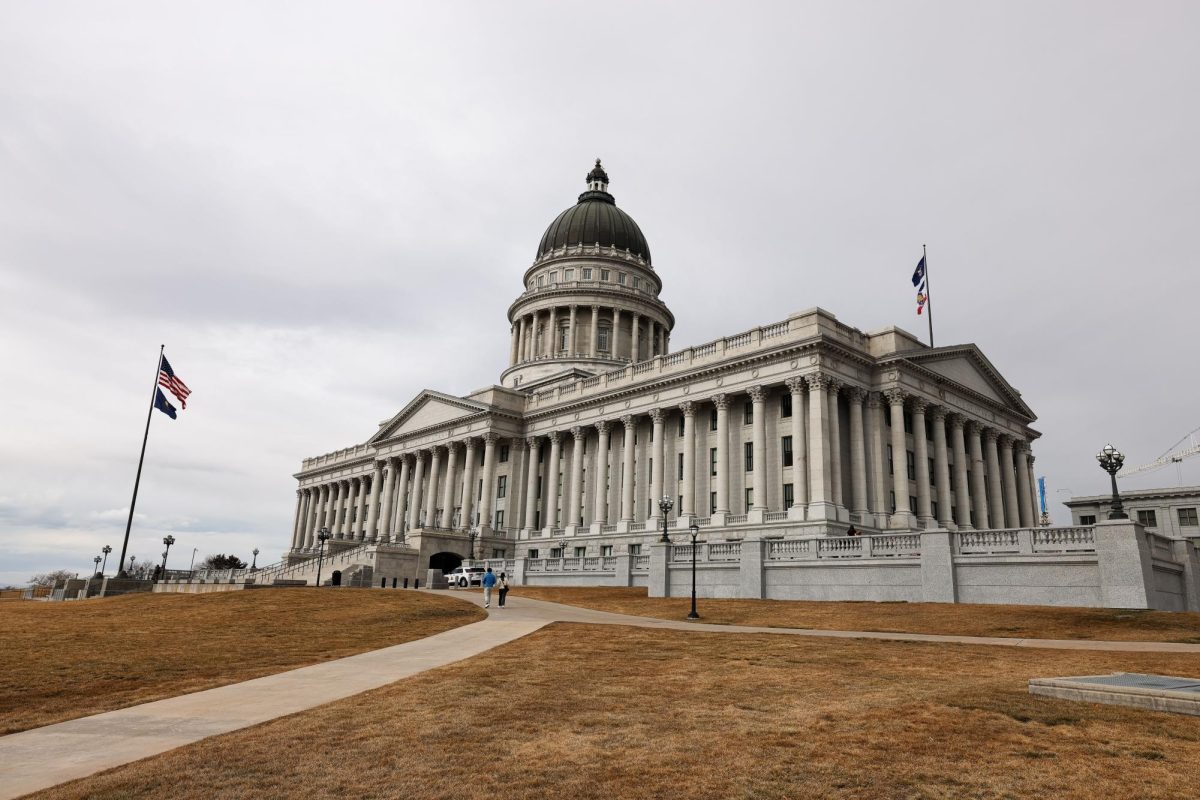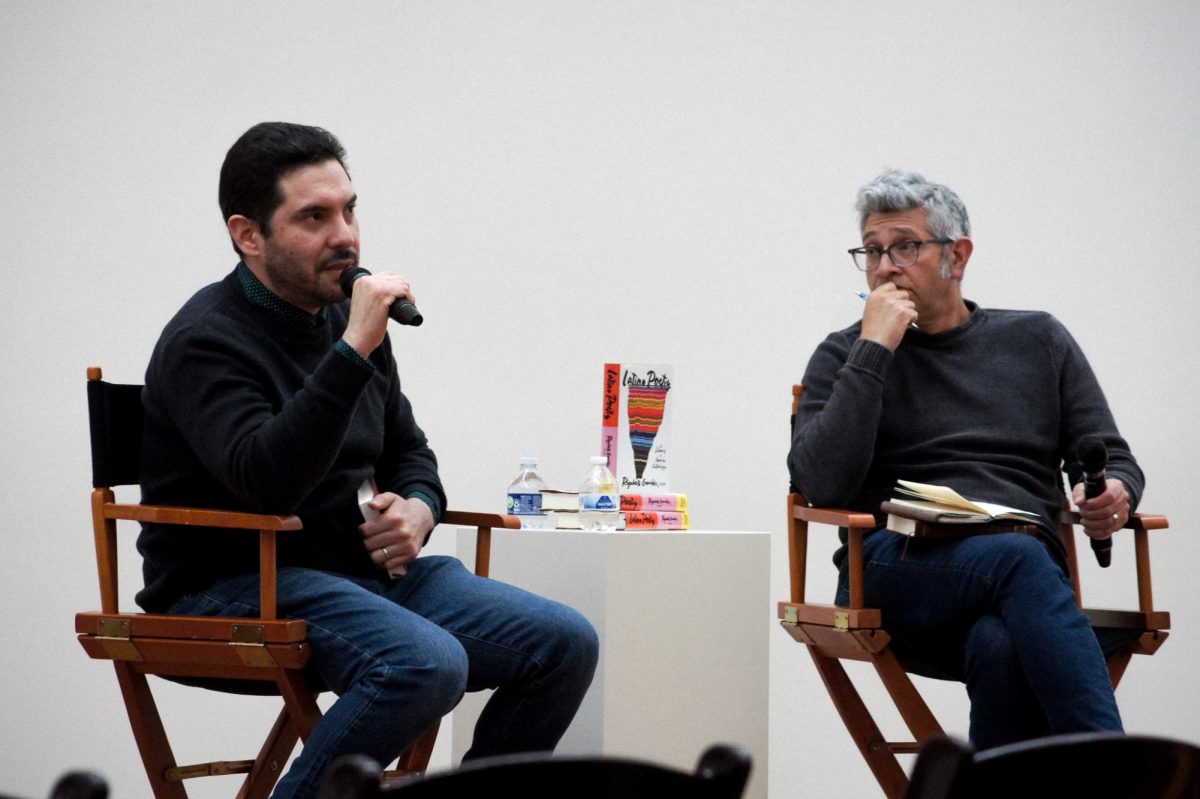Juvenile Expungement Clinics Coming to Utah

(Courtesy of the Utah Board of Juvenile Justice)
September 22, 2019
This fall and winter, the Utah Board of Juvenile Justice is hosting two Juvenile Record Expungement Clinics throughout the state of Utah.
These clinics work with students to expunge juvenile records, which may follow them into adulthood unknowingly. Many adults assume that their juvenile records will automatically be expunged or kept confidential once they turn eighteen. However, that is not the case. Many college and job applications will ask questions about juvenile records, and in some cases run background checks which could bring up a person’s juvenile history.
One student who has used the clinic had gotten in an argument with her mom at fifteen, which resulted in the police being called and her being charged with a class B misdemeanor assault. After admitting to the charge in court, she never had another juvenile or adult incident. Thirteen years later, she had graduated from medical school, but couldn’t pass a Division of Occupational and Professional Licensing background check due to her juvenile assault incident. Without passing the Division of Occupational and Professional Licensing background check, she would be unable to begin her residency. She was able to attend a Utah Board of Juvenile Justice clinic in Provo where her record was expunged, and she was able to begin her residency and continue into a lifelong career.
Another woman dealt with life-alternating effects of her juvenile record when her children were taken from her by Child Protective Services. They informed her that they were taking her children due to unsettled charges from when she was 12 to 14 years old. They stated that she had run away from the state of Utah and her charges when she had moved to Arizona as an adult. Her attorney helped show that she had completed all her obligations from that charge and had not run away. Because of this, she was able to quickly get her kids back, expunge her record and seal the case she was involved in.
“I’m so grateful for the expungement process and would recommend it to others,” she said. “For me, this expungement is more than just getting my record cleared and the case I was involved in sealed. To me, it is finally being able to close that chapter of my life and knowing that this case will never affect my kids the way that it has. But also, it’s something that can’t be used against me as it has been.
“I would tell anyone who has a delinquency history to go through the expungement process for your future. For whatever dreams you have. You don’t know how and in what way your delinquency record will affect you, because it can and likely will if you don’t have it taken off.”
Many students face similar obstacles in applying for jobs and graduate or professional schooling, but with the help of Utah Board of Juvenile Justice, these students can more confidently move forward with their life and career, without worrying about decisions they made as a kid.
“Every one of us makes decisions as young adults that we regret and never want to repeat,” said Monica Diaz from the Utah Juvenile Defender Attorneys Office. “We grow up and learn from our mistakes. That is the focus of juvenile court — to help a young person learn from their mistake and gain skills to never repeat that mistake. But a juvenile record keeps us from moving forward and can cause a person to have to relive and revisit that mistake over and over again.
“A juvenile record can create roadblocks to employment, education, housing, and citizenship. Expungement is so important because it allows youth to move past their mistakes and to move forward as if the mistakes have never occurred. Because the juvenile court’s focus is rehabilitation, we owe it to youth to honor their second chance, to recognize their efforts, their rehabilitation and the fact that youth are more today than they were yesterday.”
Utah Board of Juvenile Justice will be hosting a clinic in West Jordan on Oct. 8 from 4:30 p.m. to 6:30 p.m. at the Viridian Event Center. To be eligible for expungement, the applicant must be eighteen years of age or older and have had a minimum one-year pass from the date of termination of Juvenile Court jurisdiction or termination from the Youth Parole Authority. Applicants must also be in person at the event and provide a government-issued picture ID. Utah Driving Privilege Cards will not be accepted.
For more information about clinic dates or details of the program, please visit their website.
d.sheppard@dailyutahchronicle.com











